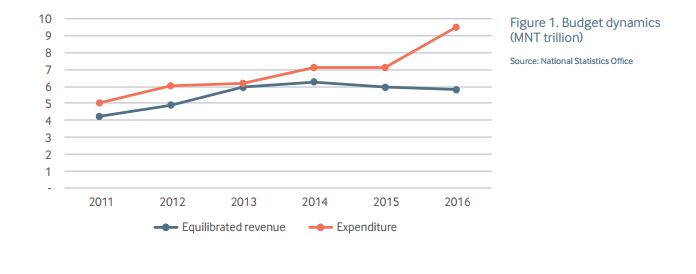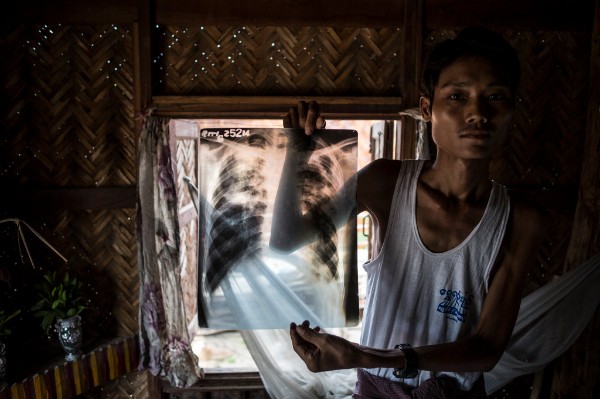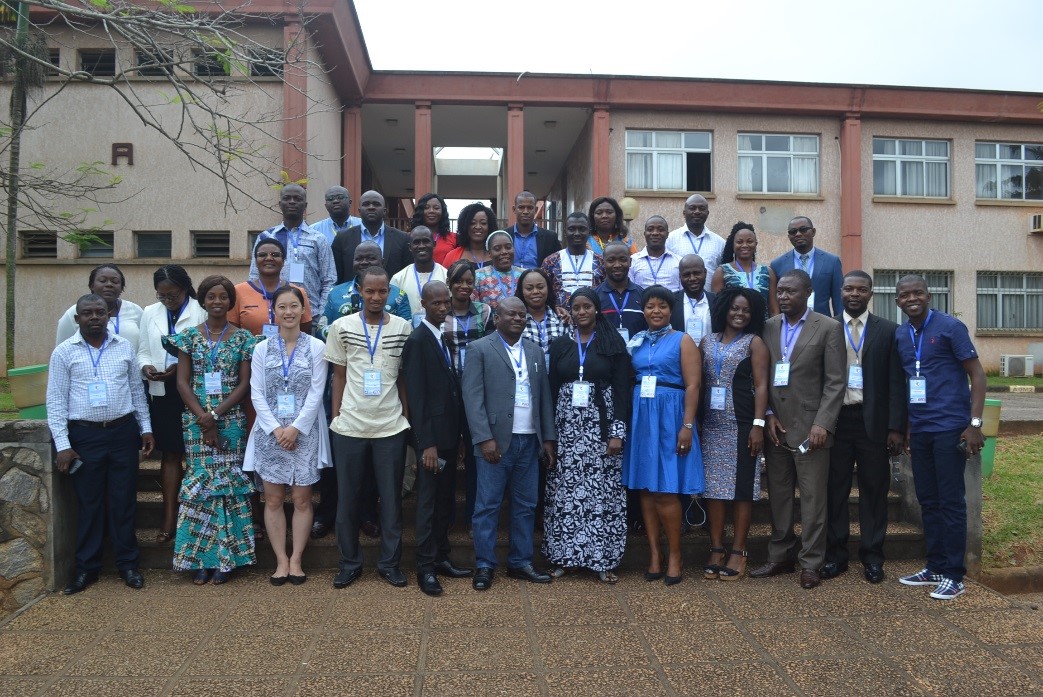
August 2017 News and Analysis from NRGI
Highlights
Tanzania’s New Natural Resources Legislation: What Will Change?
Tanzania’s parliament passed three pieces of legislation that make significant changes to the legal and institutional frameworks governing oil, gas and mineral extraction. This report can further inform the rulemaking process. In a second brief, Localizing Tanzania’s Gas Sector: Determining Optimal Policies for an Emerging Producer, NRGI experts analyze Tanzania’s evolving local content strategy.
Webcast: Transparency, Anticorruption and Sustainable Development: Is Progress Possible?
On 18 September, the Brookings Institution and partner organizations will host an event to discuss how transparency, accountability and participation initiatives, supported by complementary reforms, can contribute to reducing corruption and achieving sustainable development. Daniel Kaufmann, NRGI's president and CEO, will speak at the forum. The event will be webcast live (URL to be announced).
Fiscal Sustainability in Mongolia

Using an advanced model of Mongolia’s economy, NRGI and Gerege Partners experts analyze the impact of proposed reforms on Mongolia’s public debt levels. (Read the report in English or Mongolian.)
Myanmar's Extractive Industries at New York's Photoville Exhibition
 Andre Malerba for NRGI
Andre Malerba for NRGI
Myanmar Deitta's UNEARTH photography project highlights communities in Myanmar impacted by extractive industries. The images, produced with a grant from NRGI, will be shown at New York City's Photoville exhibition, 13-17 and 21-24 September. The exhibition is free and open to all.
Publications
La Agenda de la Sociedad Civil Frente a las Industrias Extractivas en el América Latina
A Spanish-language blog post introduces a regional report on civil society's agenda at the end of the commodities supercycle in Latin America. NRGI's Latin America team also produced Spanish-language reports focusing on Bolivia, Brazil, Chile, Colombia, Ecuador, Guatemala, Mexico and Peru.
Blog
Tunisia: Can Tataouine Protests Catalyze Extractives Transparency Progress?
Many citizens in the south of Tunisia believe that their district is wealthy because of oil and are upset they haven’t seen significant social and economic changes. NRGI has translated into Arabic an English-language publication highlighting how national and subnational governments can work together to address resource governance challenges to add to the conversation in Tunisia moving forward. (Read this blog post in Arabic.)
Francophone Africa Extractives Course Welcomes Private Sector Actors for First Time

With the Democratic Republic of Congo’s dependence on mining negatively affecting its economy, interest in Senegal’s gas deposits sharpening and recent community uprisings in mining areas in Guinea, the Francophone Africa Extractive Industries Knowledge Hub summer school could not have been more timely.
Six Transparency Steps Toward Better Extractives Governance in Ukraine
The Resource Governance Index results for Ukraine recently spurred constructive and proactive conversation about how to improve the country’s extractives management at a parliamentary event in Kyiv, as described in this blog post. A second post explores the rising awareness in Ukraine that much work remains to improve resource governance.
Contract Disclosure in Ghana's Extractive Industries
Disclosing contracts is one of the most important steps that Ghana can take to promote transparency of its extractive sector. Here are some suggestions on how it can be done.
NRGI in the news and on the web
Why the Oil Industry May Be the Most Corrupt in the World
Marketplace (U.S.)
Gov’t To Fully Disclose All Petroleum Contracts
Daily Guide (Ghana)
Transparency Alone Won't Solve Resource Governance Challenges
Business Day (Nigeria)
Ini penilaian indeks global terhadap sektor migas (Bahasa Indonesia)
Kontan (Indonesia)
Waiting for NNPC's Audited Account?
Business Day (Nigeria)
La puerta giratoria en energía la usa elite de ex funcionarios con datos privilegiados: especialista
SinEmbargo.mx
Un “club de amigos” armó desde el Estado la Reforma Energética y, ahora, opera grandes negocios
SinEmbargo.mx
Años trabajando en la Torre B de Pemex. Explotó, y murieron. A sus familias no las han indemnizado
SinEmbargo.mx